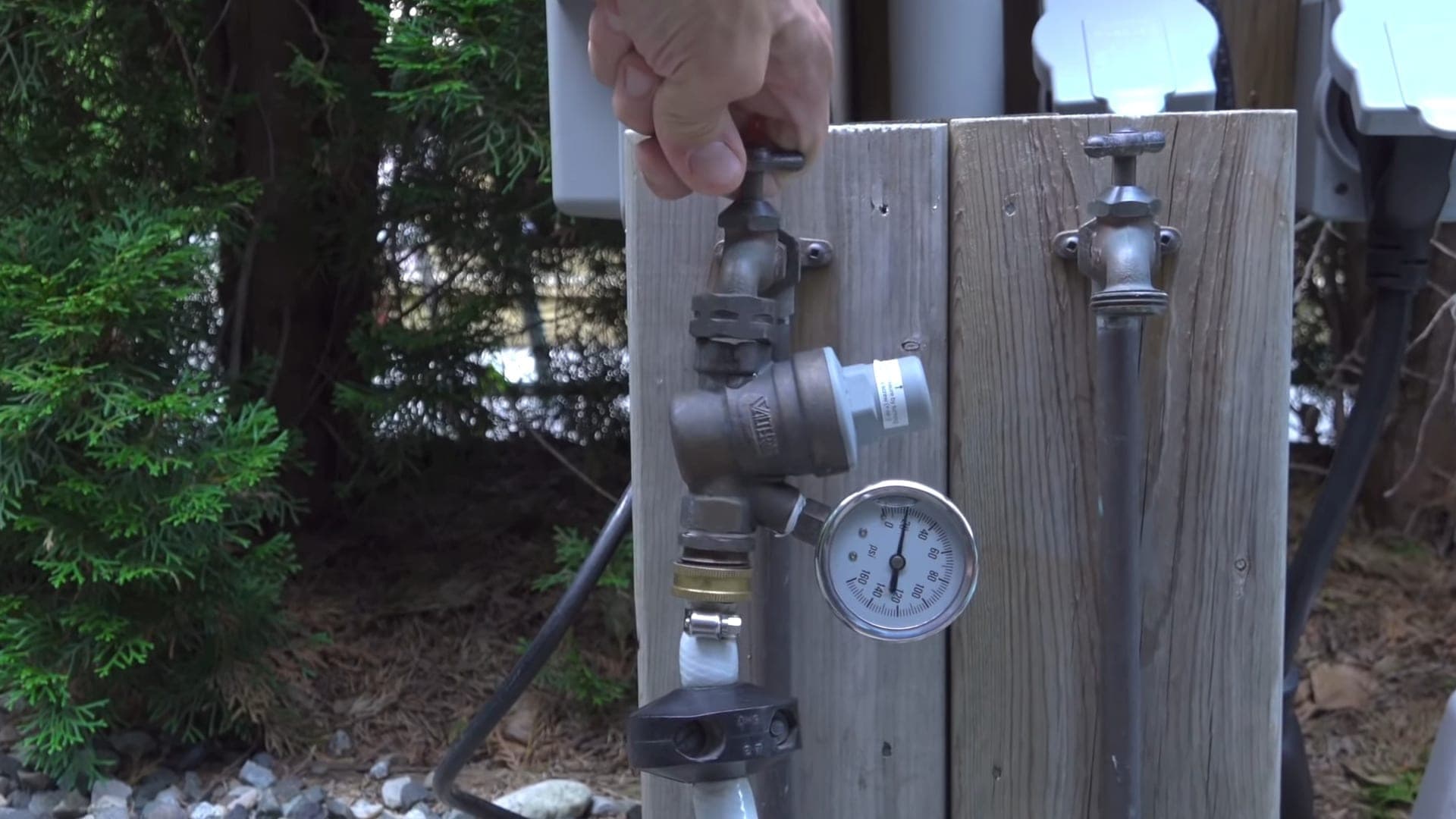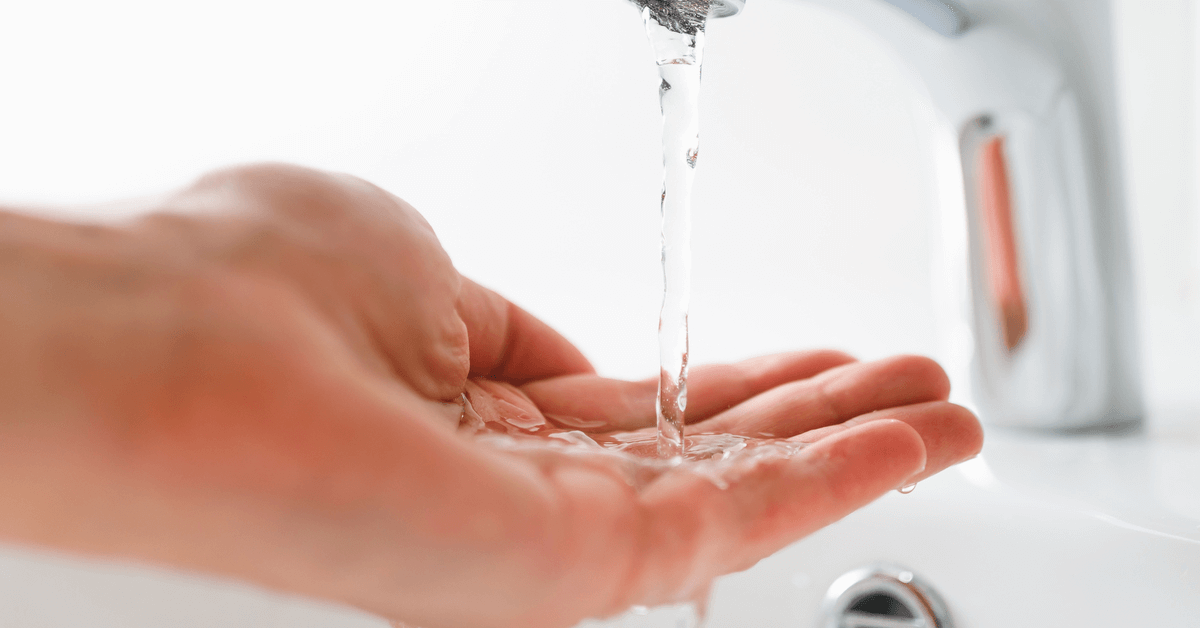Top Ways for Addressing Low Water Pressure in Your Home
Top Ways for Addressing Low Water Pressure in Your Home
Blog Article
What're your beliefs about Dealing with Low Water Pressure in Your Home?

Low water pressure in your home can be an irritating issue, affecting every little thing from showering to cleaning meals. If you're experiencing weak water circulation, there are numerous possible causes and services to check out. In this guide, we'll review common reasons for low tide pressure and practical steps to resolve the problem successfully.
Intro to Low Water Pressure
Low tide pressure takes place when the flow of water from your faucets, showers, and various other components is weaker than normal. This can make daily jobs a lot more challenging and much less efficient. Comprehending the reasons for low tide pressure is critical to finding the ideal solution.
Typical Sources Of Low Tide Stress
Faulty Pressure Regulatory Authorities
Pressure regulators are in charge of maintaining constant water pressure in your house. If they malfunction, it can cause low water stress or irregular flow throughout your home.
Metropolitan Water System Issues
Sometimes, the problem exists outside your home. Metropolitan water supply issues, such as main line leakages or maintenance work, can momentarily lower water pressure in your area.
Pipe Obstructions
Over time, pipelines can end up being blocked with mineral deposits, debris, or debris, limiting the flow of water. This is an usual problem in older homes with galvanized steel pipes.
Rust
Rust within pipes can lead to leakages and minimized water stress. Corrosion accumulation can constrict water circulation, especially in maturing plumbing systems.
Just How to Detect Low Water Pressure
Checking Pipelines
Evaluate visible pipelines for signs of leakages, corrosion, or obstructions. Take note of any type of uncommon sounds, such as knocking or rattling pipelines, which could suggest concerns within the plumbing system.
Consulting with a Plumber
If you're unable to pinpoint the source of low water pressure, think about employing a specialist plumber to perform an extensive assessment. They can identify underlying issues and suggest suitable options.
Checking Taps and Fixtures
Begin by checking the water stress at various faucets and fixtures throughout your home. If the problem is separated to certain areas, it may show localized troubles.
DIY Solutions to Repair Low Tide Stress
Flushing Water Heater
Debris buildup in the water heater can limit circulation and reduce performance. Purging the storage tank occasionally helps eliminate debris and maintain optimal performance.
Inspecting Pressure Regulatory Authority
Ensure that the pressure regulatory authority is working correctly. Changing or replacing the regulatory authority can help recover appropriate water stress throughout your home.
Cleaning Aerators and Showerheads
Mineral deposits can build up in aerators and showerheads, lowering water circulation. Eliminate and cleanse these elements consistently to enhance water pressure.
Clearing Clogs in Pipes
For minor blockages, try making use of a plumbing snake or chemical drainpipe cleaner to clear obstructions in pipes. Be cautious when utilizing chemicals and follow safety standards.
When to Call a Specialist Plumber
If do it yourself efforts fail to solve the problem or if you think significant plumbing issues, it's ideal to seek assistance from a licensed plumber. They have the knowledge and tools to address complicated concerns securely and efficiently.
Safety Nets to Maintain Water Stress
Mounting a Stress Booster
Consider mounting a stress booster pump to boost water stress in locations with constantly reduced circulation. This can be particularly helpful for multi-story homes or properties with high-demand fixtures.
Tracking Water Usage
Bear in mind water use routines and stay clear of overtaxing the plumbing system. Easy changes, such as shocking showers and laundry tons, can help keep ample water stress.
Routine Upkeep
Schedule regular upkeep for your plumbing system to prevent issues such as corrosion, leakages, and clogs. Addressing small problems early can assist prevent even more significant repair work later.
Conclusion
Dealing with low water pressure can be irritating, however identifying the underlying reasons and implementing appropriate solutions can recover optimal flow throughout your home. Whether it's cleaning up aerators, examining pipes, or talking to a plumber, taking proactive actions can make certain a stable supply of water for your day-to-day demands.
HOW TO FIX LOW WATER PRESSURE IN YOUR HOUSE
When your plumbing system functions properly, you likely never think about the water pressure coming from your faucets, shower heads, or other water fixtures. If you experience low water pressure in your house, though, it can quickly cause problems for cooking, cleaning, bathing, and laundry. Learning how to fix low water pressure in your house can help you avoid frustrating situations and worsening plumbing issues.
When investigating why your home has low water pressure, call the plumbing professionals at Hutchinson to inspect your system, identify the problem, and perform necessary repairs. Our highly-trained plumbing system experts utilize the best tools and techniques available to resolve issues with your home’s plumbing system. Call today to schedule a service with our experts and resolve the low water pressure in your home.
Common Causes of Low Water Pressure
While learning about how to fix low water pressure in your house, it’s essential to understand the various causes of this issue. From plumbing system failures to issues with your water fixtures, there are many reasons for low water pressure in a home. The most common causes of low water pressure include:
Pipe corrosion: If you live in an old house, your pipes could be much older than you realize. Over time, most pipes corrode, especially those made from galvanized steel. Corrosion creates small holes in your pipes that allow water to leak as it travels to your fixtures, leading to low water pressure. Hard water: Hard water forms when water retains a certain concentration of mineral and sediment buildup. Hard water can exacerbate corrosion and reduce water pressure. Hard water remains one of the main culprits of clogged pipes. Clogged pipes: When a pipe blockage clogs your system, it restricts water flow. That’s why clogged pipes are a leading cause of low water pressure. Faulty fixtures: Components within individual water fixtures can experience isolated clogging and rusting that cause low water pressure. If you notice only low shower pressure or limited faucet flow, inspect your system for faulty fixtures displaying rusting, clogging, and other damage. Water line leaks: Your water supply usually comes from a community source connected to your home through a water line. Any leaking in this water line will reduce water pressure before it enters your home. If you share a water line with neighbors, they might also notice low water pressure due to this problem. Broken pressure regulator: The pressure regulator ensures the water flowing throughout your home remains at a psi of about 50. Damage or breakdown of this crucial component will reduce water pressure throughout your property. Closed valve: The water valve supplying your home must be fully open to enable proper water pressure. A partially closed valve will yield low water pressure and cause issues. 5 Ways to Fix Low Water Pressure
Check for Leaks
Depending on their severity, leaks are usually easy to identify as the cause of your low water pressure. Whether your basement floods overnight or you notice mold growth on surfaces near your pipes, leaks usually present noticeable symptoms. In most cases, you’ll need to call professionals to replace sections of damaged piping or seal water line leaks.
Clear Clogged Pipes and Drains
Clogs can occur in any part of your system at any time. In most cases, it’s difficult to resolve clogged pipes and drains without professional equipment and experience.
Hutchinson experts can perform a comprehensive plumbing system inspection to identify the clog’s source and remove obstructions from your pipes. With the help of advanced equipment, we can restore your home’s normal water flow and pressure.
Replace the Pressure Regulator
After identifying a faulty pressure regulator as the cause of your low water pressure, there’s nothing to do but replace the mechanism. Homeowners should never conduct their own replacement.
Attempting to replace a crucial component like your pressure regulator that attaches to your overall plumbing framework could cause unnecessary damage and worsen the situation. Instead, rely on professionals to replace your pressure regulator properly.
Repair or Replace Broken Faucets and Fixtures
If you notice water pressure issues in an individual faucet or fixture, you can solve the problem quickly. Depending on the type and location of the fixture, you can likely replace it yourself.
For homes with custom fixtures, you might need to special order new parts. In these cases, opting for professional replacements helps you avoid any mishaps that could leave your water feature dysfunctional for longer.
Install a Pressure Booster
Water pressure problems impacting your neighborhood or community at large might require more overarching solutions. If your neighbors experience low water pressure as well, you might need to integrate a pressure booster into your water supply line.
Pressure boosters upgrade the water pressure starting at the source. These mechanisms can provide water pressure benefits to any homes on the same supply line. Call Hutchinson today to install a pressure booster on your water supply line.
Call Hutchinson to Fix All Your Plumbing Issues
Low water pressure is just one of many plumbing problems that reduce home comfort and cause system issues. The top-rated professionals at Hutchinson offer comprehensive plumbing services, including system inspections, maintenance, and repairs.
https://www.hutchbiz.com/blog/2024/01/15/how-to-fix-low-water-pressure-in-house/

I'm just very interested by Low Water Pressure in the House? and I really hope you appreciated our post. I beg you pause to promote this page if you enjoyed it. We cherish your readership.
Explore Report this page